Filter News
Area of Research
News Topics
- (-) Education (1)
- (-) Security (10)
- 3-D Printing/Advanced Manufacturing (34)
- Advanced Reactors (8)
- Artificial Intelligence (43)
- Big Data (21)
- Bioenergy (48)
- Biology (56)
- Biomedical (28)
- Biotechnology (10)
- Buildings (17)
- Chemical Sciences (21)
- Clean Water (14)
- Climate Change (46)
- Composites (5)
- Computer Science (80)
- Coronavirus (17)
- Critical Materials (1)
- Cybersecurity (14)
- Decarbonization (43)
- Emergency (2)
- Energy Storage (28)
- Environment (100)
- Exascale Computing (24)
- Fossil Energy (4)
- Frontier (23)
- Fusion (28)
- Grid (23)
- High-Performance Computing (42)
- Hydropower (5)
- Isotopes (25)
- ITER (2)
- Machine Learning (21)
- Materials (39)
- Materials Science (41)
- Mathematics (5)
- Mercury (7)
- Microelectronics (2)
- Microscopy (20)
- Molten Salt (1)
- Nanotechnology (16)
- National Security (33)
- Net Zero (8)
- Neutron Science (46)
- Nuclear Energy (52)
- Partnerships (13)
- Physics (26)
- Polymers (7)
- Quantum Computing (17)
- Quantum Science (27)
- Renewable Energy (1)
- Simulation (29)
- Software (1)
- Space Exploration (12)
- Summit (30)
- Sustainable Energy (42)
- Transformational Challenge Reactor (3)
- Transportation (27)
Media Contacts

A group of high school graduates and community college students visited ORNL to meet staff and find out just what goes on at a DOE national laboratory. The Job Shadow Day was arranged by tnAchieves, a student support organization that works to increase higher educational opportunities for students across Tennessee through scholarships and mentorship.
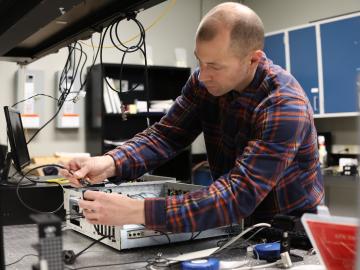
An experiment by researchers at the Department of Energy’s Oak Ridge National Laboratory demonstrated advanced quantum-based cybersecurity can be realized in a deployed fiber link.
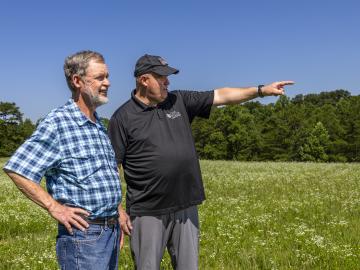
Carl Dukes’ career as an adept communicator got off to a slow start: He was about 5 years old when he spoke for the first time. “I’ve been making up for lost time ever since,” joked Dukes, a technical professional at the Department of Energy’s Oak Ridge National Laboratory.
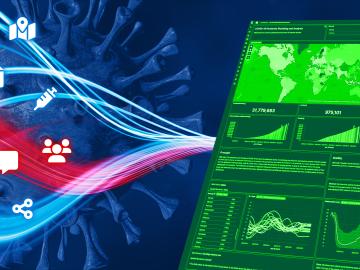
When the COVID-19 pandemic stunned the world in 2020, researchers at ORNL wondered how they could extend their support and help
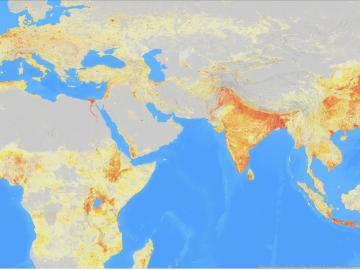
It’s a simple premise: To truly improve the health, safety, and security of human beings, you must first understand where those individuals are.
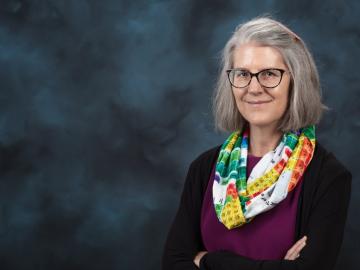
Deborah Frincke, one of the nation’s preeminent computer scientists and cybersecurity experts, serves as associate laboratory director of ORNL’s National Security Science Directorate. Credit: Carlos Jones/ORNL, U.S. Dept. of Energy
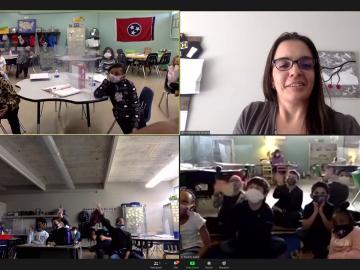
Twenty-seven ORNL researchers Zoomed into 11 middle schools across Tennessee during the annual Engineers Week in February. East Tennessee schools throughout Oak Ridge and Roane, Sevier, Blount and Loudon counties participated, with three West Tennessee schools joining in.
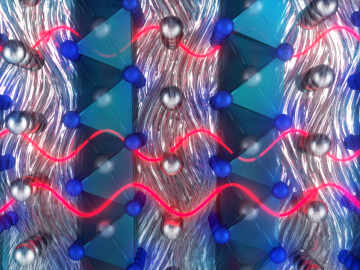
Research by an international team led by Duke University and the Department of Energy’s Oak Ridge National Laboratory scientists could speed the way to safer rechargeable batteries for consumer electronics such as laptops and cellphones.
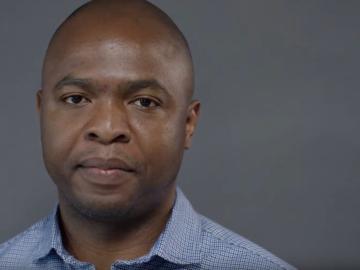
A typhoon strikes an island in the Pacific Ocean, downing power lines and cell towers. An earthquake hits a remote mountainous region, destroying structures and leaving no communication infrastructure behind.
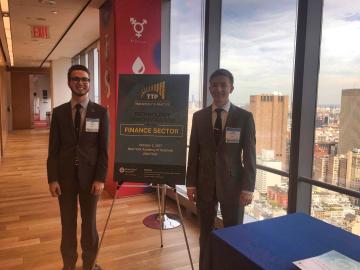
As technology continues to evolve, cybersecurity threats do as well. To better safeguard digital information, a team of researchers at the US Department of Energy’s (DOE’s) Oak Ridge National Laboratory (ORNL) has developed Akatosh, a security analysis tool that works in conjunctio...




